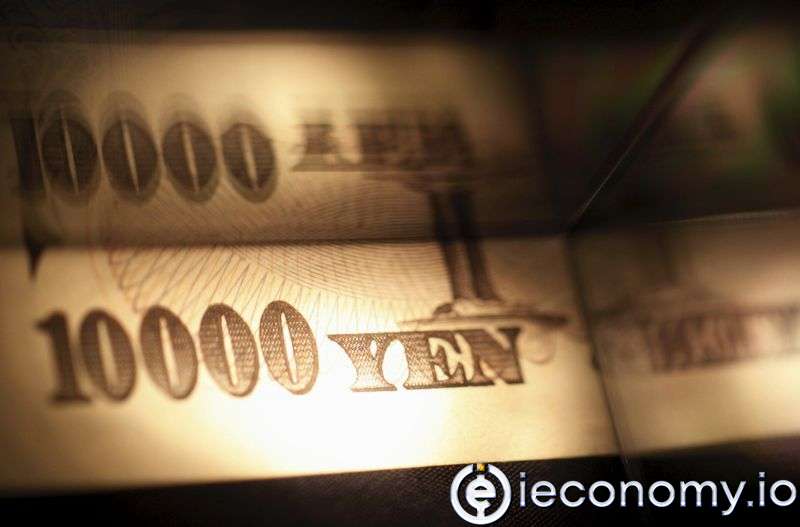11766
0
Asian Currency Rises as Dollar Falls from 20-Year High
Most Asian currencies rallied on Friday and were poised to end the week largely unchanged as the dollar retreated from a 20-year high...

Yazar: Charles Porter
Yayınlanma: 13 Eylül 2022 12:57
Güncellenme: 19 Şubat 2026 10:14
Asian Currency Rises as Dollar Falls from 20-Year High
Most Asian currencies rallied on Friday and were poised to end the week largely unchanged as the dollar retreated from a 20-year high.
But hawkish comments from US Federal Reserve Chairman Jerome Powell shielded investors from further losses in Asian markets, where expectations were rising that the central bank would raise interest rates. The Japanese yen rose 0.3%, while the Chinese yuan gained 0.2%. Both currencies hovered above multi-year lows and were the worst performing Asian currencies this week. The Chinese yuan was particularly negatively affected by a series of weak economic data in the last two weeks. According to data released on Friday, Chinese inflation shrank in August as COVID-19 lockdowns and energy shortages severely dampened economic activity. This data also shows that the stimulus measures taken by the Chinese government have not yet had an impact on the economy. Data released earlier this week also showed that China's trade balance declined in August due to declining exports and imports. The yuan is set to lose 0.7% this week, the fourth consecutive week of losses. The Japanese yen depreciated largely due to the Bank of Japan's reluctance to raise interest rates. This week's data showed that although the Japanese economy expanded more than initially expected in the second quarter, it is poised to take more headwinds from rising inflation and new COVID-19 pandemics. The yen fell 2.4% this week, its fourth consecutive week of declines. Other Asian currencies such as the Singapore dollar and South Korean won rose 0.4% and 0.6% respectively on Friday. Most regional units were supported by slight weakness in the dollar, which has retreated from 20-year highs. The dollar index and dollar index futures both lost 0.6%, while a jump in the euro also weighed on the greenback. The euro rallied after the European Central Bank raised interest rates by a record 75 basis points on Thursday. Overnight, Fed Chairman Jerome Powell said the bank would act "vigorously" to rein in inflation. Powell's comments showed that investors have begun to price in a more than 85% chance that the central bank will raise rates by 75 basis points this month. Falling US jobless claims also signaled strength in the labor market, giving the Fed more room to raise interest rates. Follow Global Economic Developments on Social Media! Click here to follow Ieconomy official Facebook account! Click here to follow Ieconomy official Instagram account! Click here to follow Ieconomy official Twitter account!İLGİLİ HABERLER





European stocks soared and focus shifted to German retail sales after Powell's speech!

Forex Signal For TRY/USD: Inflation Slowdown in November.

Forex Signal For GBP/USD: Bullish Trend Still Not Breaking While Recovery Continues.

Forex Signal For EUR/USD: Starry US Data Points to Higher Fed Increases.

Forex Signal For BTC/USD: Downside Continues as Bitcoin Recovery Moves Less.
En Popüler Haberler
Yorum Yap
Yorumlar
Henüz yorum yapan yok! İlk yorumu siz yapın...